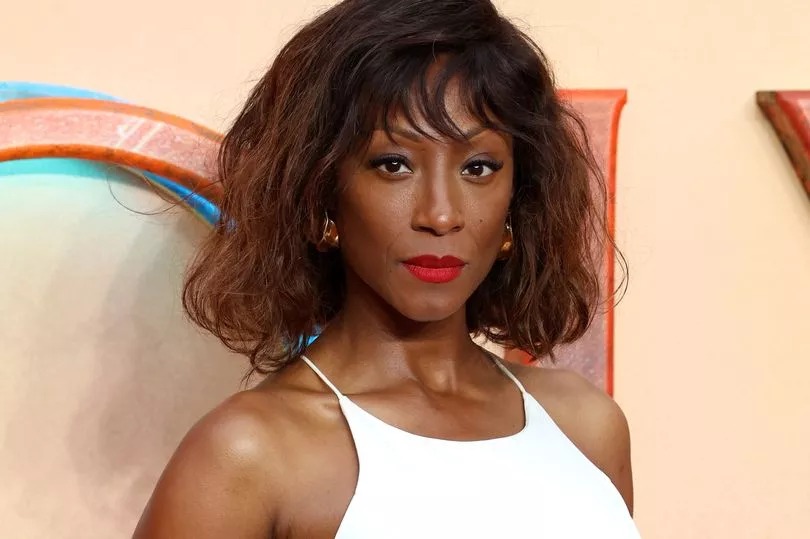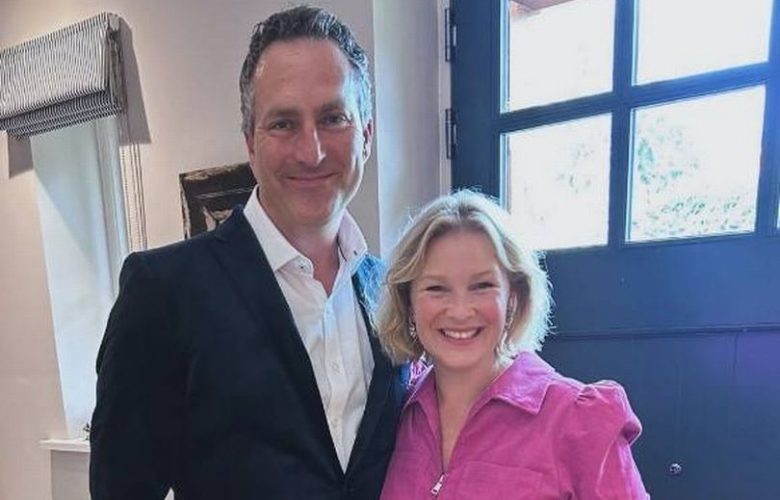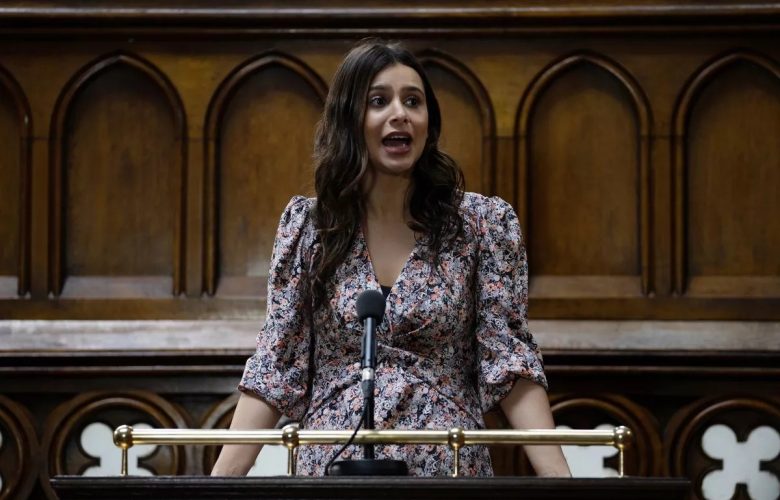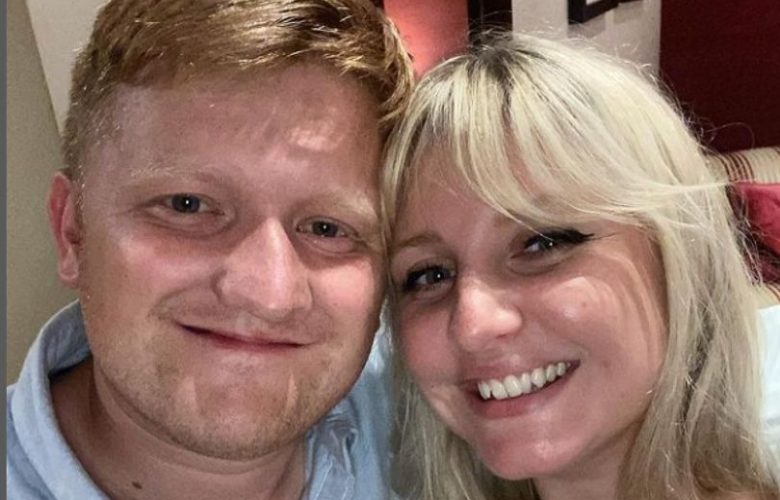Victoria Ekanoye, who played Angie Appleton in the ITV soap, was diagnosed with breast cancer in 2021
Actress Victoria Ekanoye has issued a plea in the wake of her challenging battle with cancer. The 43-year-old, known for her role as Angie Appleton in Coronation Street, was diagnosed with breast cancer in 2021.
Now cancer-free after undergoing a double mastectomy to remove the affected tissue, she is determined to continue raising awareness of the disease. In an exclusive interview with the Mirror, she highlighted the often overlooked role of prevention, pinpointing the lifestyle choices that may lessen our risk.
“When it comes to us as individuals before cancer comes our way, [there are] lifestyle changes that we can make to lower the chances,” she explained. “Literally lower the percentage of us developing cancer, not just breast cancer, just disease in general.
“Looking into family history and your genes, there are tests that you can take to see if you’re predisposed to any type of cancer. And once you know what that is, there are changes you can make to your lifestyle that will bring the percentage down.
“…You can have preventative surgery. Angelina Jolie had a double mastectomy because she found that she had I think it was like an 87% chance of breast cancer. [Now] she never has to worry about it.”
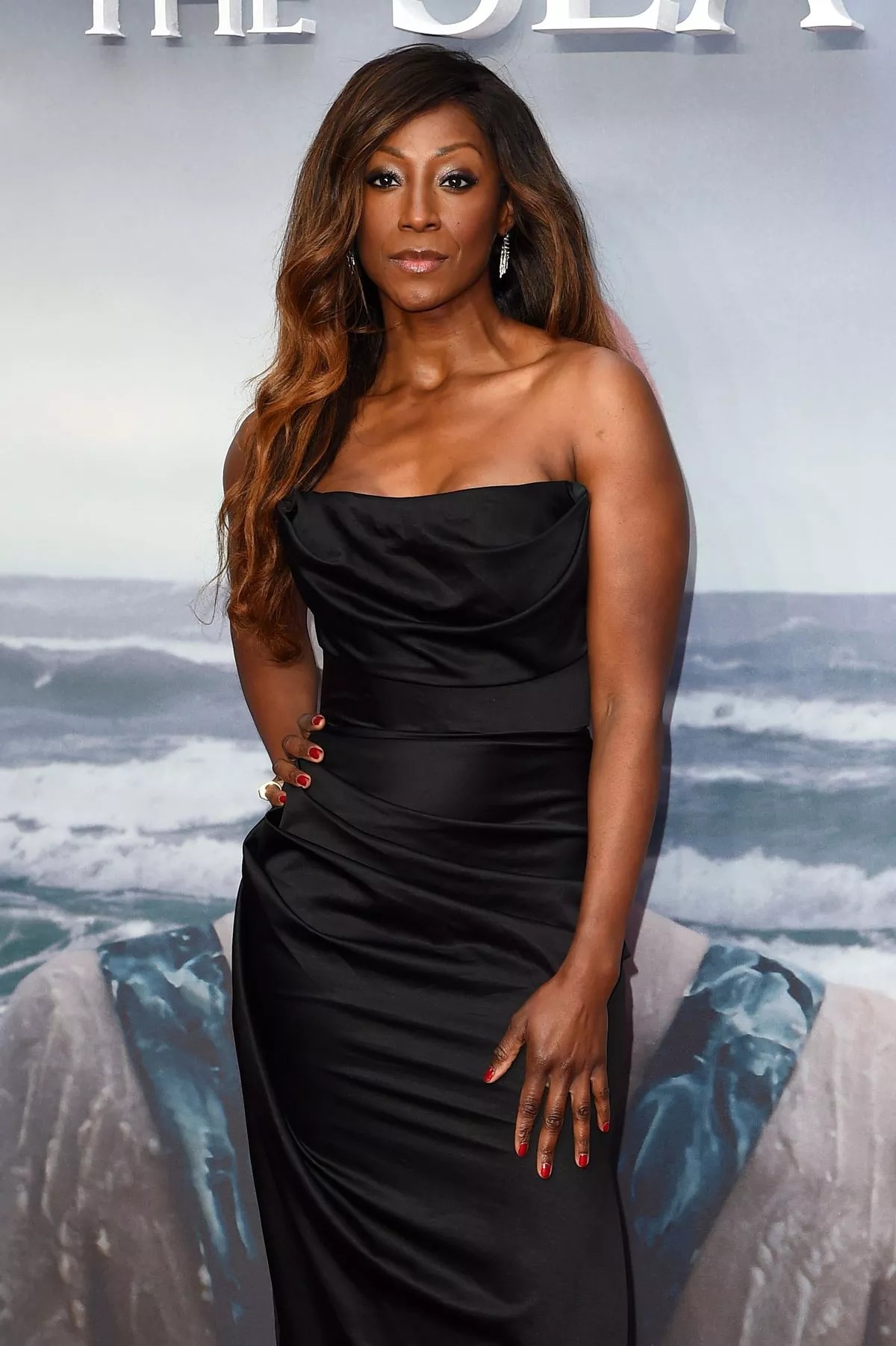
On the topic of lifestyle, Victoria stressed the importance of food choices. Despite the appeal of processed and sugary products, numerous studies suggest their consumption could increase the risk of various cancers.
Research from last year highlighted that ‘metabolites’ linked to red and processed meat could be key factors in the onset of young-onset colon cancer. Statistics show that colon cancer, a prevailing disease type in the UK, sees more than 44,000 new cases each year, as per Macmillan.
In 2019, another study indicated consuming sugary drinks could result in an ‘18% increased risk of cancer’ across all forms. Amidst these findings, Victoria continued: “Food is number one. If the gut is unhappy, then it causes chronic inflammation and all kinds of disease.
“…So, what we’re putting in our bodies, not just what it is, but the quality of it. It’s really hard, I think, especially with the way that food is marketed. Fast food, processed food, sugar is the devil, for want of a better word.
“…Obviously organic is best, but it doesn’t have to be expensive. You just cook [food] from scratch, freeze it down, give your body a chance…I know it’s really difficult, especially in lower income families or families that aren’t educated on that particular situation which could be high income or low income families.
“But if we can put our time into watching a boxer of our favourite show, we can put our time into seeing what’s best for our bodies. And there is a test that you can take, an intolerance test to see what it is that your body doesn’t digest well. I took it, for instance, myself, my partner and my son. I did it for all three of us.
“It’s just a strand of your hair, so it’s really, literally non-invasive. You send it off and when you receive it, it gives you a breakdown of everything you’re highly sensitive to, mildly sensitive to and things that are okay.”
Victoria also encouraged individuals to think twice about the products they apply on their skin. Although UK and EU regulations are stringent regarding cosmetic ingredients, scrutiny should be applied to products imported internationally.
In 2022, concerns were raised over the safety of certain US-made dry shampoos after some were revealed to contain benzene, a known carcinogen. Yet, Cancer Research asserts there is not enough evidence to prove a definitive link in this case.
Victoria continued: “Imagine [your body] is a castle and your army is dispersed all over but there’s a major, major threat at the front door. But it’s dispersed all over because you’ve had [one thing] that your body doesn’t agree with here, and [another] that your body doesn’t agree with there.
“What you want is for your body to be pretty much working optimally and not having to worry about all the little fires that it has got to put out… So, if a big thing comes like cancer it can fight properly.”
Victoria is now finalising a documentary on breast cancer and international inequalities in healthcare. She’s investigated this across South Africa, Nigeria, the US and the UK, with a specific focus on the stories of Black women and institutionalised racism.
“So, it’s called Shades of Survival,” she said. “It’s for everyone, really. It’s about breast cancer, it’s about the disparities in healthcare. It’s about the health inequity, it’s about resilience, hope, shame sometimes.
“In certain communities there is a lot of shame when it comes to breast cancer because of the connotations of being ‘less of a woman’ which is devastating anyway for the woman. Never mind having to worry about what the community thinks.”
In light of her own experience, she added: “I think the need to protect people makes you a little bit stoic in the moment, but in all honesty, I would have been completely broken if I didn’t have the support network that I have, and had at the time. My partner, Jonathan, has been an absolute rock.”
